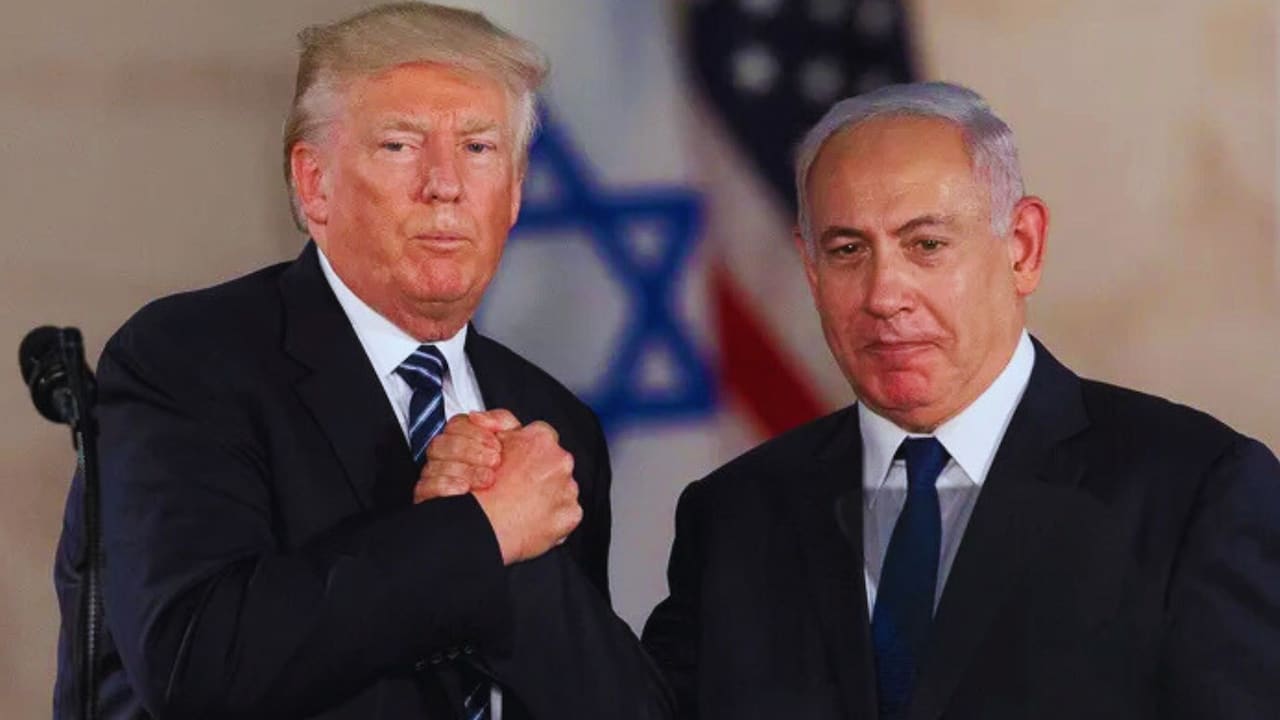Netanyahu’s Legal Defense and ICC Warrants: A Global Controversy
In a surprising turn of events, former New York Governor Andrew Cuomo has joined Israeli Prime Minister Benjamin Netanyahu’s legal defense team. This move comes in response to arrest warrants issued by the International Criminal Court (ICC) against Netanyahu and former defense chief Yoav Gallant.
The warrants, which accuse the Israeli leaders of crimes against humanity and war crimes, have ignited a global debate and put many nations in a difficult position.
Cuomo’s Stance and Potential Political Aspirations
Cuomo, who resigned from his gubernatorial position in 2021, has been vocal about his support for Israel and his fight against antisemitism. At a recent dinner with New York’s Jewish community leaders, he condemned the whitewashing of Hamas’ actions and expressed pride in joining Netanyahu’s defense team.
This move aligns with rumors of Cuomo considering a 2025 mayoral run in New York City, home to the largest Jewish community in the U.S.
International Reactions and Dilemmas
The ICC’s decision has created a complex situation for many countries:
- United States: As a non-signatory to the ICC, the U.S. has joined Israel in opposing the warrants.
- United Kingdom: Facing pressure from some Labour Party members to uphold the arrest warrant.
- France: While recognizing ICC jurisdiction, France has stated it will continue working closely with Netanyahu, citing his immunity as Israel is not an ICC member.
- Canada: Recognizes ICC jurisdiction.
This response divergence highlights the delicate balance countries must strike between international obligations and diplomatic relations.
Political and Legal Implications
The warrants have sparked bipartisan outrage in the U.S., with senators from both parties condemning the ICC’s decision. Senators Lindsey Graham and Tom Cotton are even seeking to pass a law sanctioning countries that aid in Netanyahu’s arrest1.
France’s Diplomatic Tightrope
France’s position exemplifies the complexity of the situation. While initially vague about their stance, the French Foreign Ministry later clarified:
- They will respect their international obligations.
- They consider Netanyahu immune due to Israel’s non-member status in the ICC.
- France intends to maintain close collaboration with Netanyahu and Israeli authorities.
This stance has drawn criticism from human rights organizations like Amnesty International, which argues that no one should be above the law in ICC matters.
The Broader Context
The ICC’s decision comes amidst ongoing tensions in the Middle East, particularly following Hamas’ October 7, 2023 attack on Israel. The situation has reignited debates about antisemitism, international law, and the balance between justice and diplomacy.
As the world watches how this unprecedented situation unfolds, the actions of key players like Cuomo, Netanyahu, and various national leaders will likely shape international relations and legal precedents for years to come.
